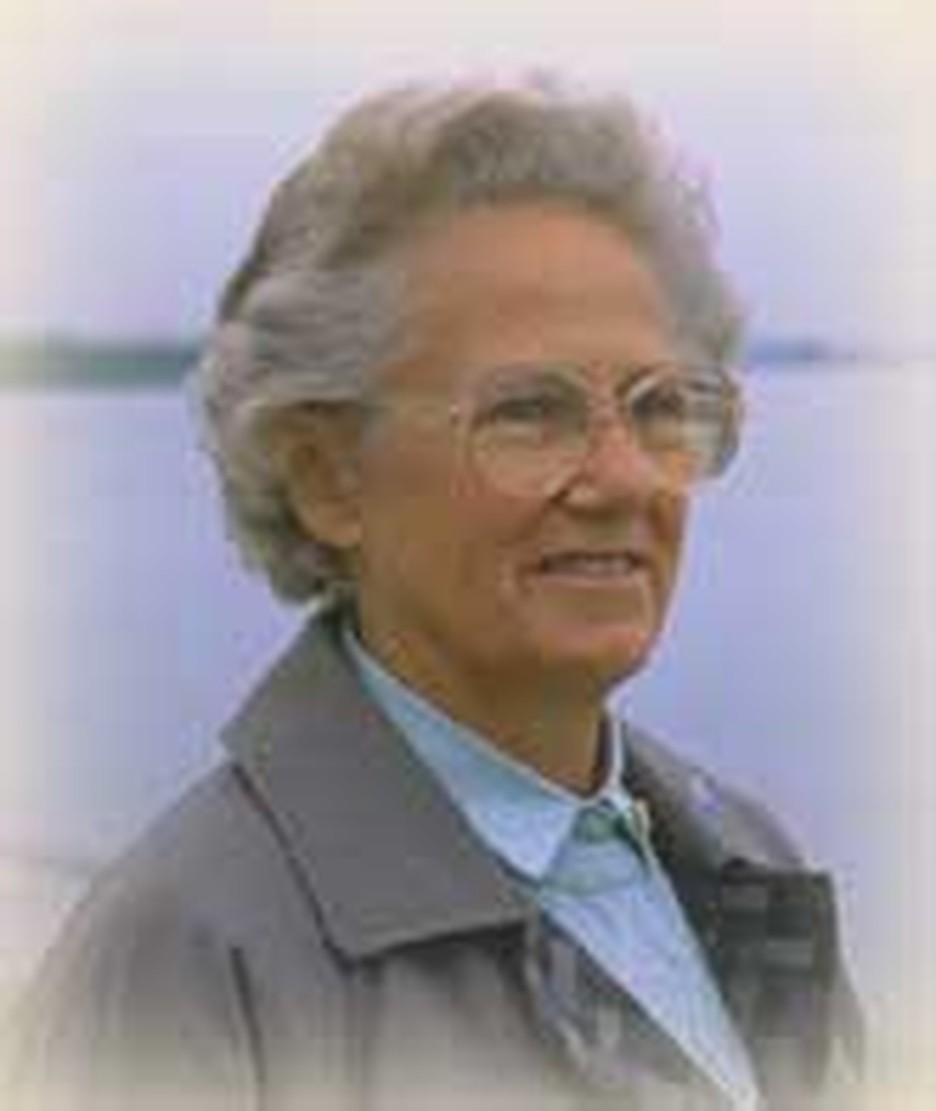
In August 7, 1964 Congo rebels captured Stanleyville (now known as Kisangani). In the four years since Congo's independence from Belgium, most white people had fled from the nation or been captured or killed. Because Helen Roseveare was a doctor, her life was spared, although not without many serious incidents. For example, someone tried to poison her, but her dog ate the food intended for her and died instead.
Helen was well aware of her danger. Many mission women had been raped by the marauding rebel armies. She stayed on, believing that "If Christ be God and died for me, then no sacrifice can be too great for me to make for him." That was her mission's motto. She reasoned that if an earlier generation of missionaries to Africa had died of malaria and other jungle diseases for the sake of God and his glory, then God might well demand a different kind of sacrifice of her as he already had of other women missionaries.
Part of the sacrifice that God asked was her struggle with pride as Africans took over and sometimes mismanaged mission affairs. She also lost sleep many nights when terror overtook her. Peace was even harder to attain after her house was looted of every worthwhile item. She continued to learn to see God in the details of her life, to trust him more fully. She had been coming toward total trust in God all of her life, between bouts of depression, often brought on by overwork and by Satan's insinuation that she was not really a Christian because she was capable of spells of anger and bitterness and other sins.
"I was unable to reach the standard I myself had set, let alone God's. Try as I would, I met only frustration in this longing to achieve, to be worthy." She came to recognize that hatred of sin is a gift of the Holy Spirit and she prayed that God would make her "willing to be made willing to hate what he hated." *
On this day, Saturday, August 15, 1964, a truck-load of soldiers took over the hospital compound at Nobobongo. They occupied it for five months. "They were brutal and coarse, rough and domineering. Their language was threatening and obscene. All of us were cowed. We did exactly what they demanded, mostly without argument." Tension was terrific.
"We heard that the local chief had been caught, bound and beaten; then he was taken to the people's tribunal at Wamba, found guilty, flayed alive and eaten. No wonder we did not sleep well. No wonder we were not hungry."
Then Helen and others were taken away. "...We were put off at a house in the jungle--nineteen defenseless women and children surrounded by some seventy-five men, soldiers and others, all filled with hatred and evil intentions toward us...And in my heart was an amazing peace, a realization that I was being highly privileged to be identified with [Christ] in a new way, in the way of Calvary."
Although raped and humiliated by the rebels, Helen found that God gave her an even deeper love for the Congo people. In 1965 she returned to pick up her medical mission work. She had learned through her painful experience that participation in Christ's suffering is necessary to each of us if we are to fulfill his will in this world.
Bibliography:
- Roseveare, Helen. Give Me This Mountain. Christian Focus Publications.
- Wilson, L. "Roseveare, Helen." Biographical Dictionary of Evangelicals. Timothy Larsen, editor. Downers-Grove, Illinois: Intevarsity Press, 2003.
Last update August, 2014



